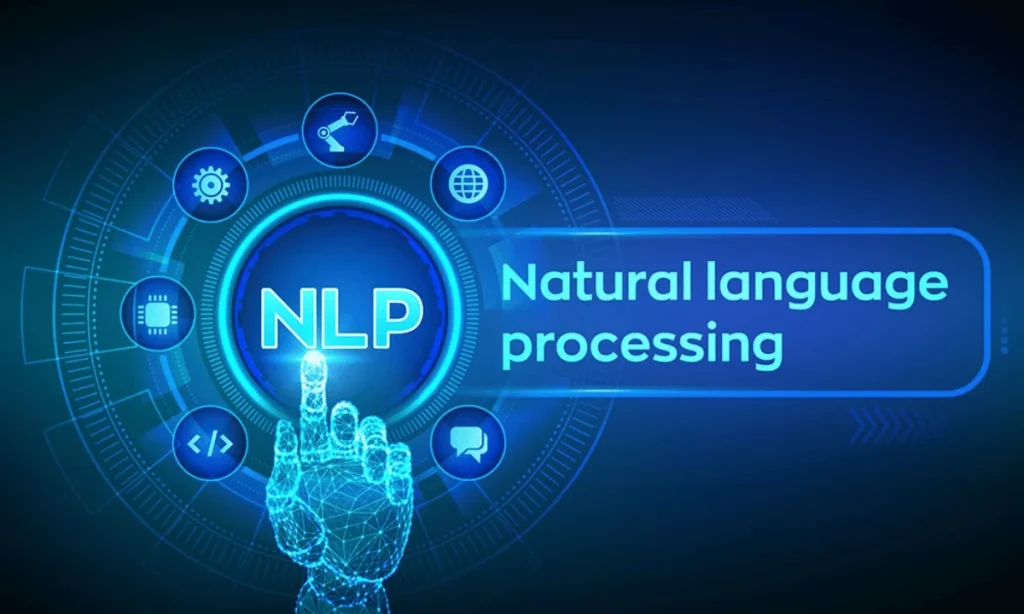
Artificial intelligence (AI) is no longer just a futuristic concept-it is now a driving force reshaping the very fabric of the tech industry, particularly in software development. As businesses and developers race to harness the power of AI-driven development, the landscape of coding, debugging, and project management is undergoing a seismic shift. Over 60% of developers are already incorporating AI tools into their daily workflows, with more than 36% reporting a significant impact on their roles, according to recent industry statistics.
The integration of AI in software development is not only accelerating productivity but also redefining what it means to build robust, scalable, and intelligent software solutions. This transformation is backed by robust research and real-world adoption. For example, a 2024 study published by Uppsala University explored the hands-on use and adaptation of AI in developing and testing software applications, highlighting how AI automates tasks, optimizes code generation, and improves testing accuracy throughout the software development lifecycle.
The findings underscore that while AI in software development empowers programmers, it does not replace human expertise-instead, it acts as a powerful assistant, streamlining workflows and reducing costs. As we delve deeper, it’s clear that the future of software engineering is being rewritten by AI, and the tech industry is at the heart of this revolution.
The Impact of AI Tools on Developer Productivity
The adoption of AI-powered tools like GitHub Copilot, Amazon CodeWhisperer, and Microsoft’s Azure AI has fundamentally changed how developers write, test, and review code. These tools leverage machine learning and natural language processing to offer real-time code suggestions, automate repetitive tasks, and even generate entire functions based on natural language prompts.
The result is a dramatic increase in productivity—some reports suggest that AI can boost developer output by up to 10 times and reduce programming time by 50%.
Beyond code generation, AI in software development is also revolutionizing code reviews and testing. Tools such as DeepCode (now part of Snyk) automatically scan codebases for bugs, security vulnerabilities, and best practice violations, making the review process faster and more reliable.
AI-driven testing platforms, like Test.ai, simulate real user behavior to identify edge cases and ensure comprehensive test coverage, ultimately leading to higher-quality software and faster release cycles. Tech giants like Google and Microsoft are leading this charge, embedding AI capabilities directly into their development ecosystems and empowering developers to build smarter, more secure applications.
AI-Driven Development Across the Software Lifecycle
AI-driven development is not limited to coding or testing-it spans the entire software development lifecycle (SDLC), from planning and requirements gathering to deployment and maintenance. At the planning stage, AI assistants help teams prioritize tasks, estimate project timelines, and even predict potential bottlenecks. During development, AI tools provide real-time feedback, suggest refactors, and guide architectural decisions based on insights drawn from vast code repositories.
In the testing and deployment phases, AI-powered automation generates intelligent test suites, identifies bugs before QA runs, and ensures seamless integration and scaling of applications.
Companies like GE Aviation, Airbus, and BBC are using Microsoft Azure AI to build custom solutions, automate document processing, and create intelligent call centers, demonstrating the versatility and scalability of AI in software development. As the field matures, organizations are also addressing challenges such as data integrity, ethical considerations, and integration complexity, ensuring that AI-driven development remains responsible and sustainable.
